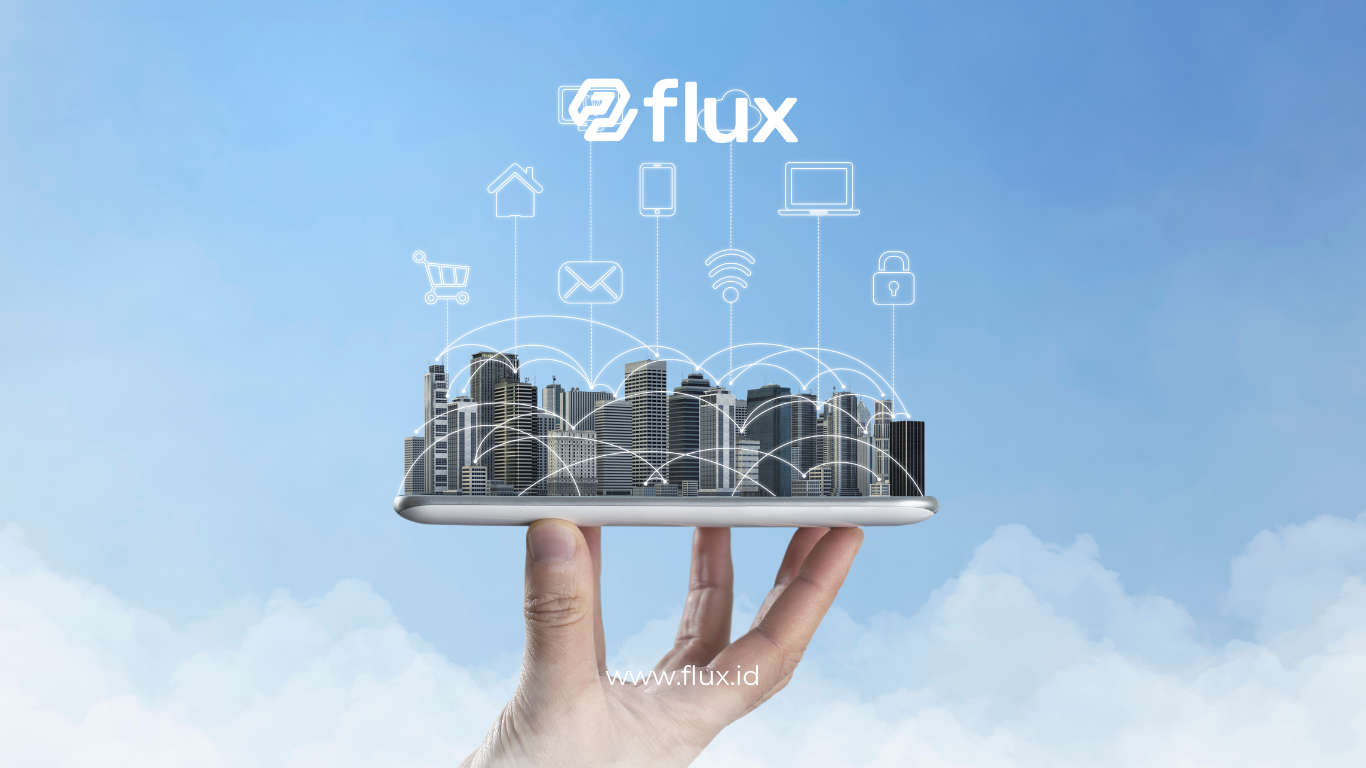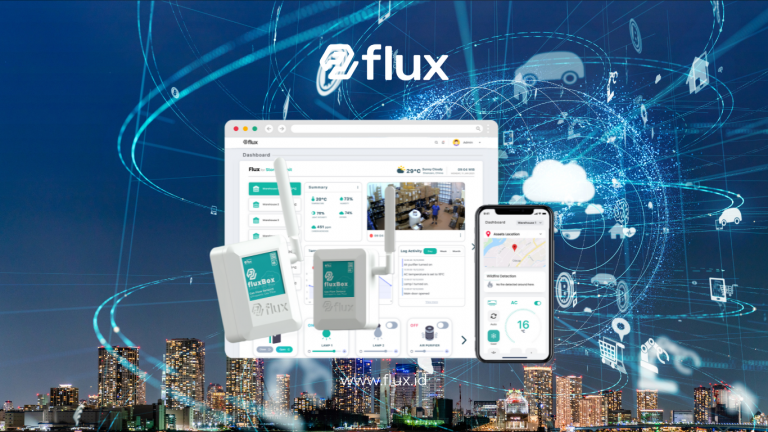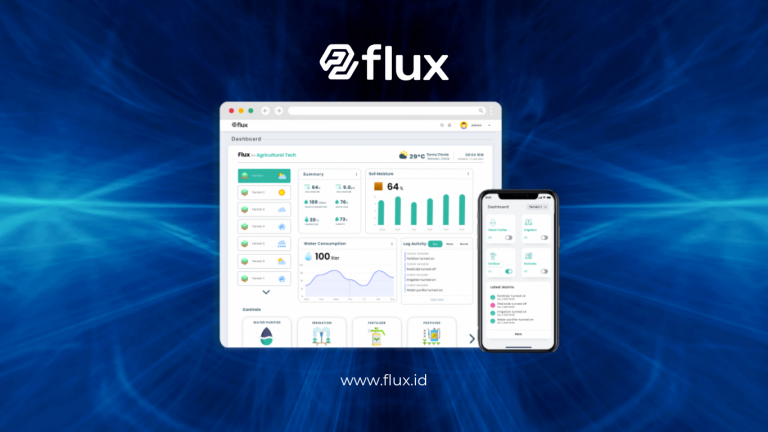Don't miss our holiday offer - 20% OFF!
Urban transformation is underway. Smart cities are emerging as innovative solutions to address urban challenges such as traffic congestion, pollution, and increasing infrastructure demands. This article explores the technology, innovation, and benefits of Building the Future with Smart Cities.
Contents
What Are Smart Cities?
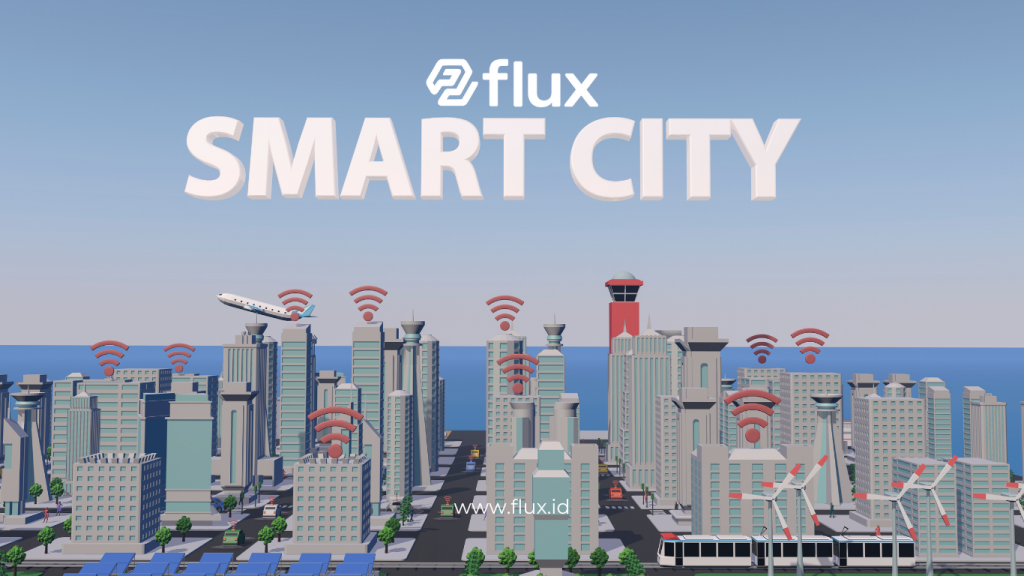
Read More: Smart City: Technological Solutions for Better Urban Living
Definition of Smart Cities
Smart cities refer to urban areas that utilize digital technology and the Internet of Things (IoT) to enhance efficiency, sustainability, and quality of life for their citizens.
Key Elements of Smart Cities
- Digital Infrastructure: Technology supporting connectivity, such as 5G networks.
- IoT and Big Data: Smart sensors monitoring traffic, energy usage, and air quality.
- Smart Public Services: Integrating technology into transportation, healthcare, and education systems.
Technologies Behind Smart Cities
1. Internet of Things (IoT)
IoT connects devices, enabling smart features like automatic street lighting and real-time parking updates.
2. Artificial Intelligence (AI)
AI processes large datasets to facilitate rapid and efficient decision-making, such as adjusting traffic signals based on congestion levels.
3. Blockchain
This technology secures transactions in urban management, such as digital payments for public transportation.
4. Renewable Energy and Smart Grids
Solar panels, wind turbines, and smart grids optimize energy efficiency and reduce carbon emissions.
Innovations in Smart Cities
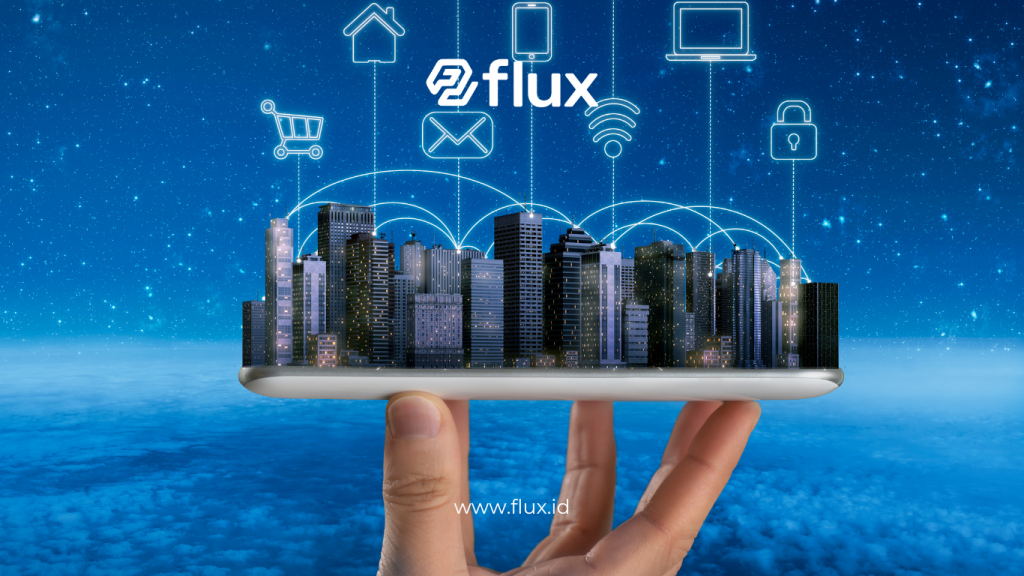
Read More: IoT Technology in Smart City Development: Realizing a Connected and Sustainable City
1. Intelligent Transportation
- AI-based transportation apps suggest optimal routes.
- Electric and autonomous vehicles reduce pollution.
2. Automated Waste Management
Sensors monitor waste bin levels and optimize collection routes.
3. Smart Security Systems
AI-driven cameras detect suspicious activities to enhance public safety.
4. E-Government
Digital access to government services, including tax payments and document processing.
Benefits of Smart Cities
1. Improved Quality of Life
- Easier access to healthcare and education services.
- Reduced travel time through smart transportation.
2. Resource Efficiency
- Efficient use of energy and water.
- Better waste management systems.
3. Environmental Sustainability
- Reduced carbon emissions via electric vehicles.
- Real-time air and water quality monitoring.
4. Boosted Local Economy
- New job opportunities in the tech sector.
- Growth of innovation-driven businesses.
Challenges in Implementing Smart Cities
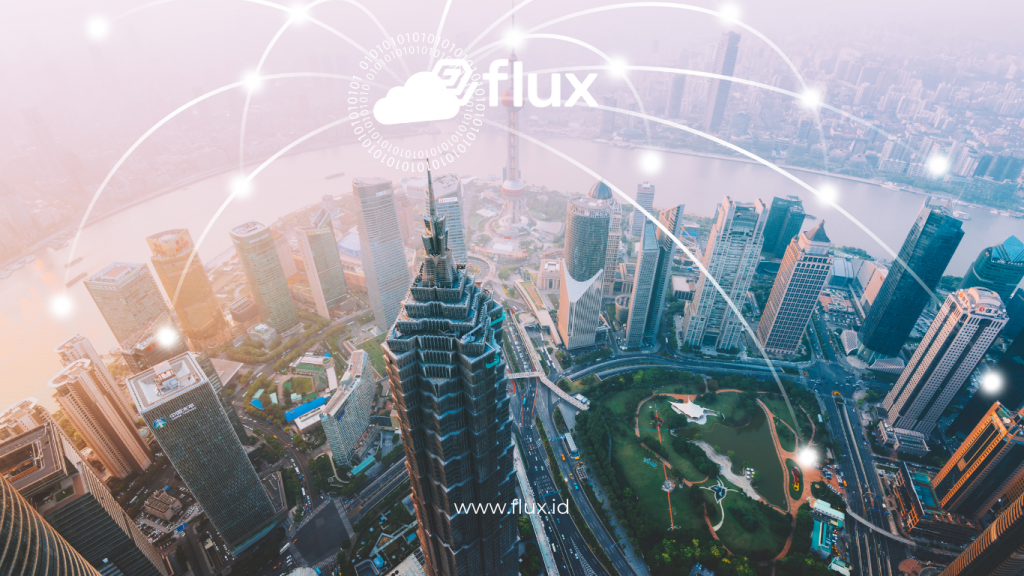
Read More: Smart City and the Future of Urban Areas: Optimizing Infrastructure with Smart Technology
1. High Costs
Building smart infrastructure requires substantial investment.
2. Data Security
Smart cities are vulnerable to cyberattacks.
3. Digital Divide
Not all citizens have equal access to technology.
Case Studies: Smart Cities Around the World
1. Singapore
Singapore leverages big data analysis for traffic management and energy efficiency.
2. Barcelona
Barcelona employs IoT to optimize water management and parking systems.
3. Jakarta
Jakarta is implementing digital transportation systems and flood management technologies.
Steps Towards Smart Cities in Indonesia
- Investing in Digital Infrastructure
Enhancing internet networks and adopting IoT technologies. - Public-Private Partnerships
Collaboration among governments, private sectors, and communities to realize smart cities. - Digital Education and Literacy
Educating citizens to ensure readiness to adopt new technologies. - Supportive Regulations
Developing policies to protect data security and privacy.
Conclusion
Smart cities are not just futuristic concepts but practical solutions to today’s urban challenges. By leveraging technologies like IoT, AI, and renewable energy, smart cities can improve quality of life, efficiency, and sustainability. However, their success depends on collaboration among governments, private sectors, and communities. Building smart cities means shaping a brighter future for generations to come.


